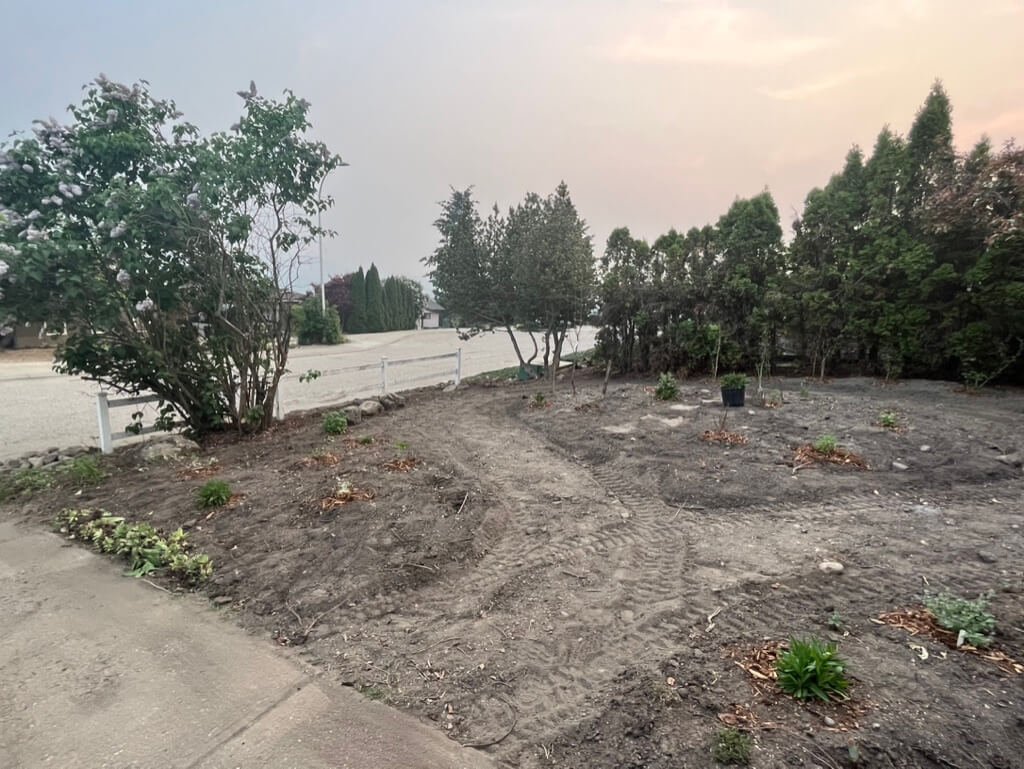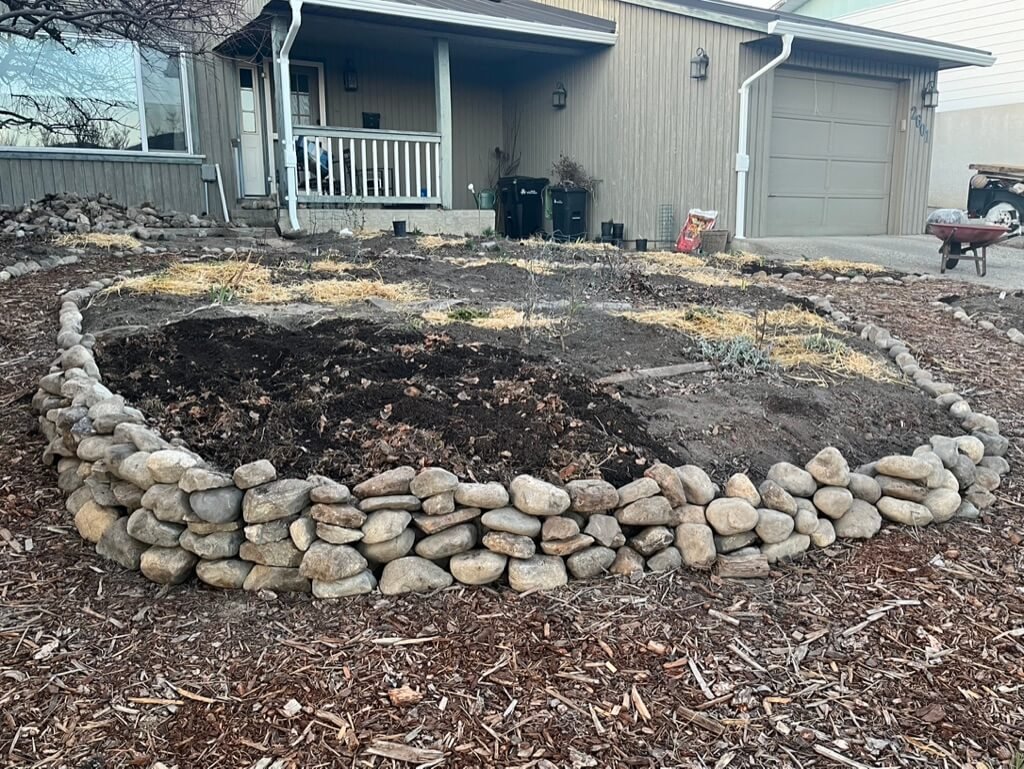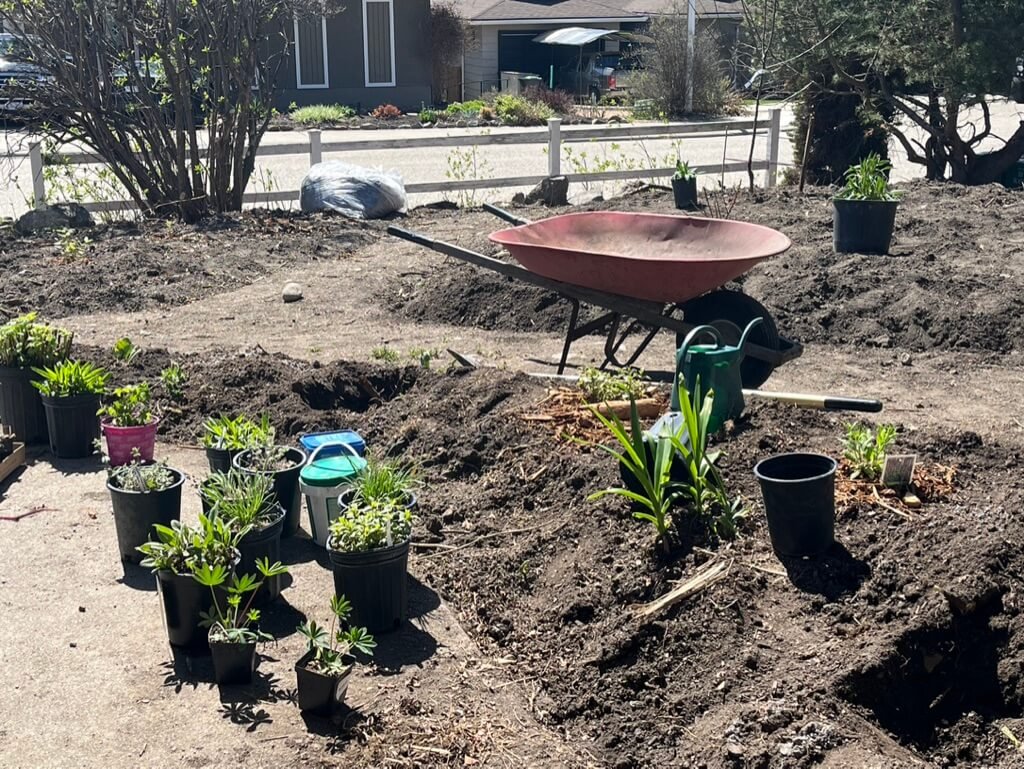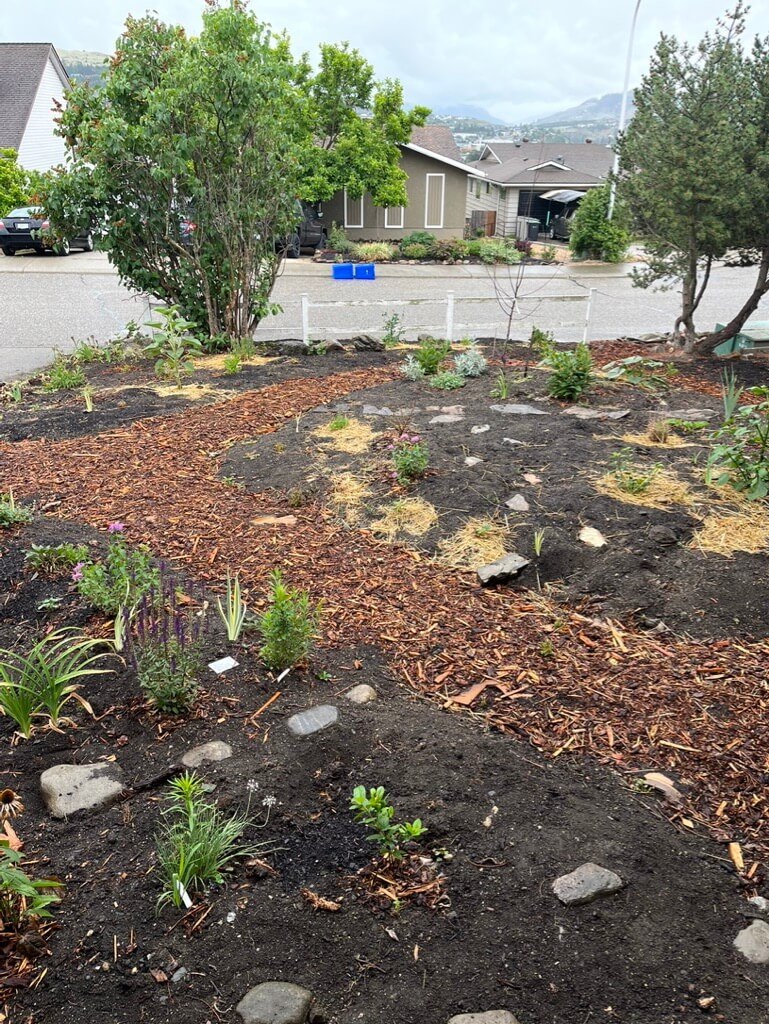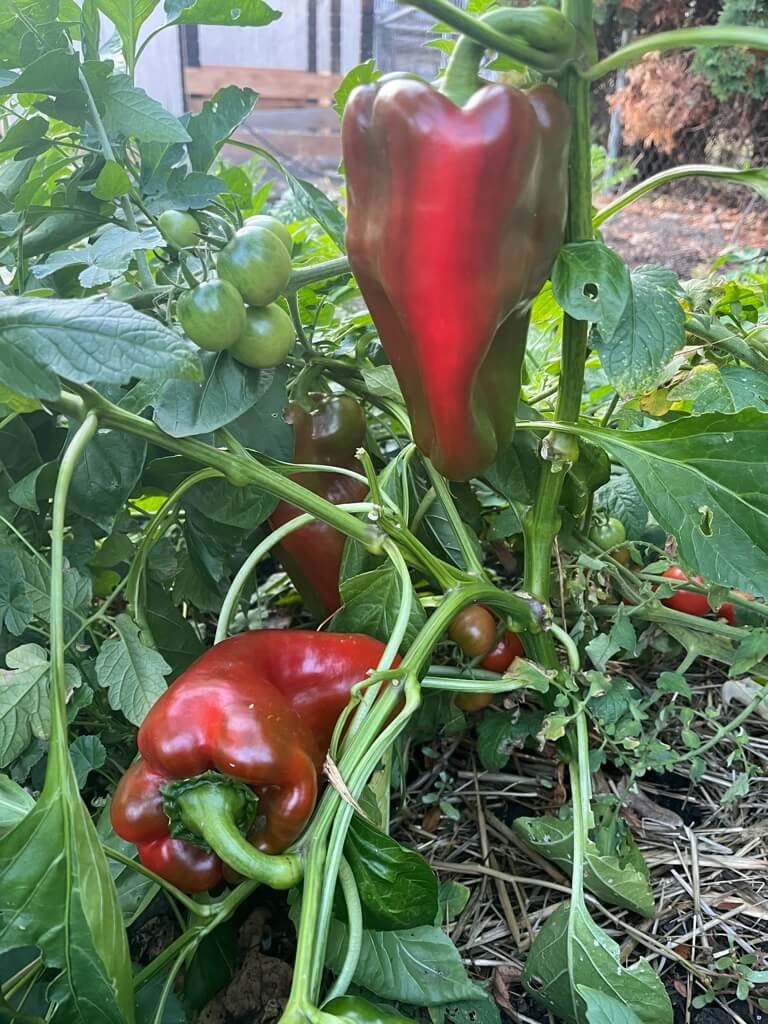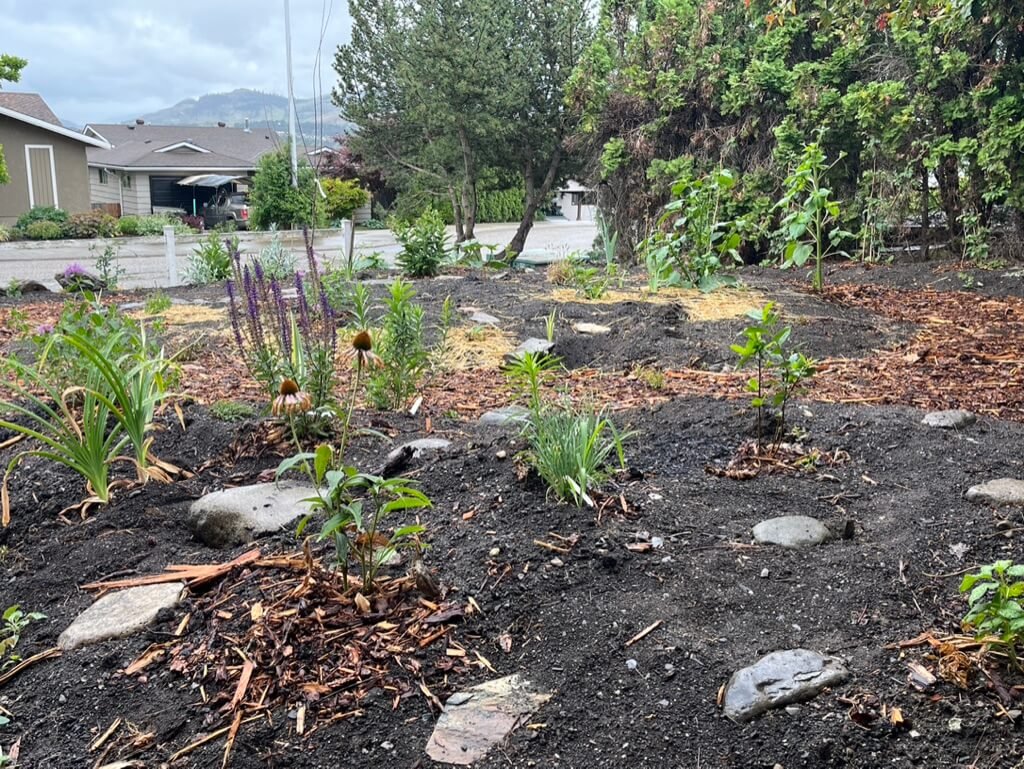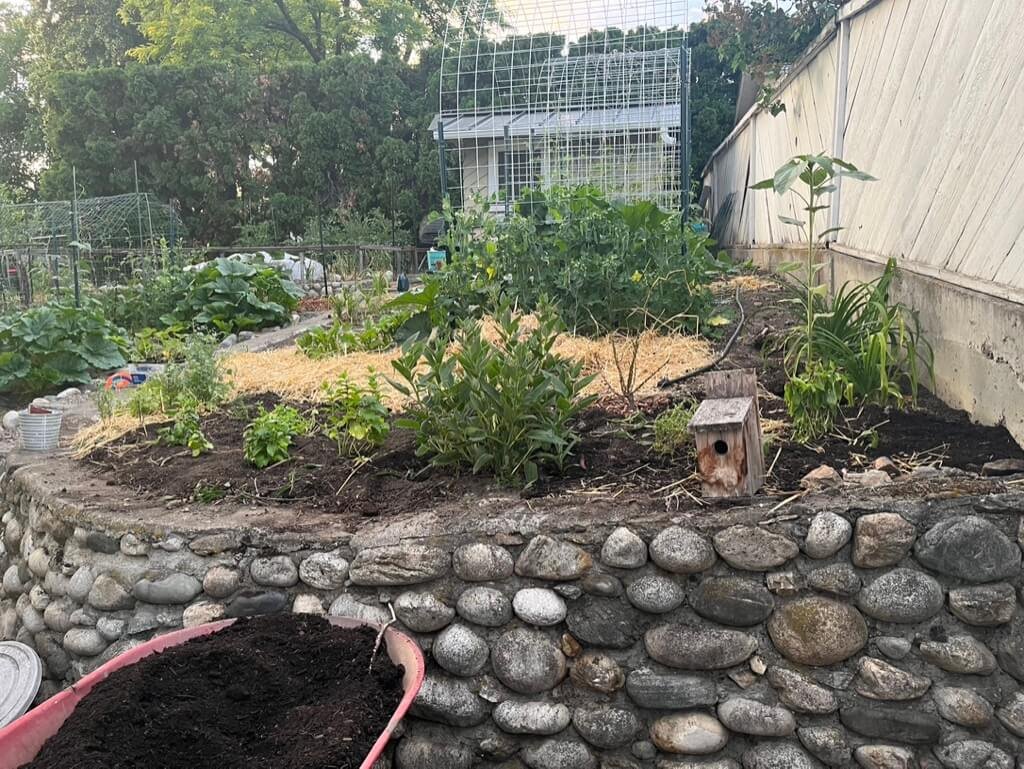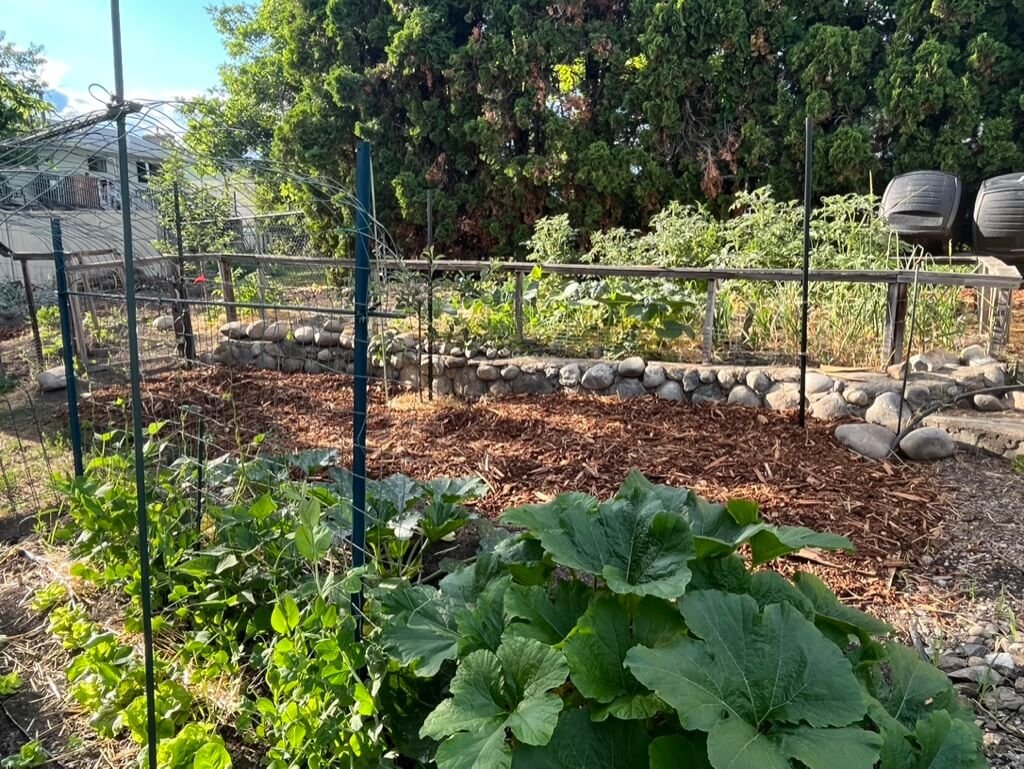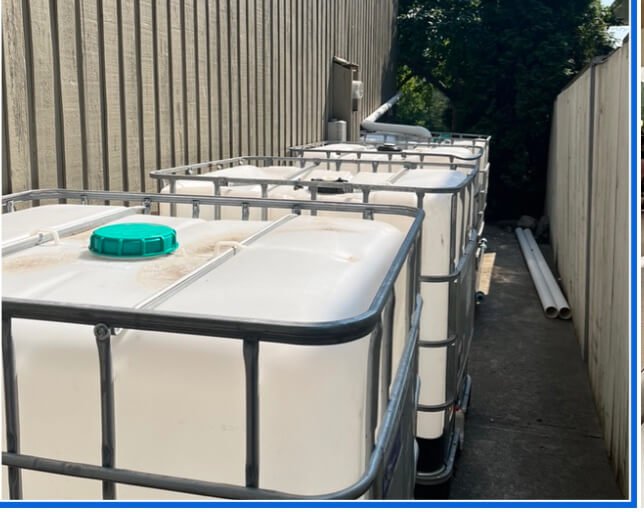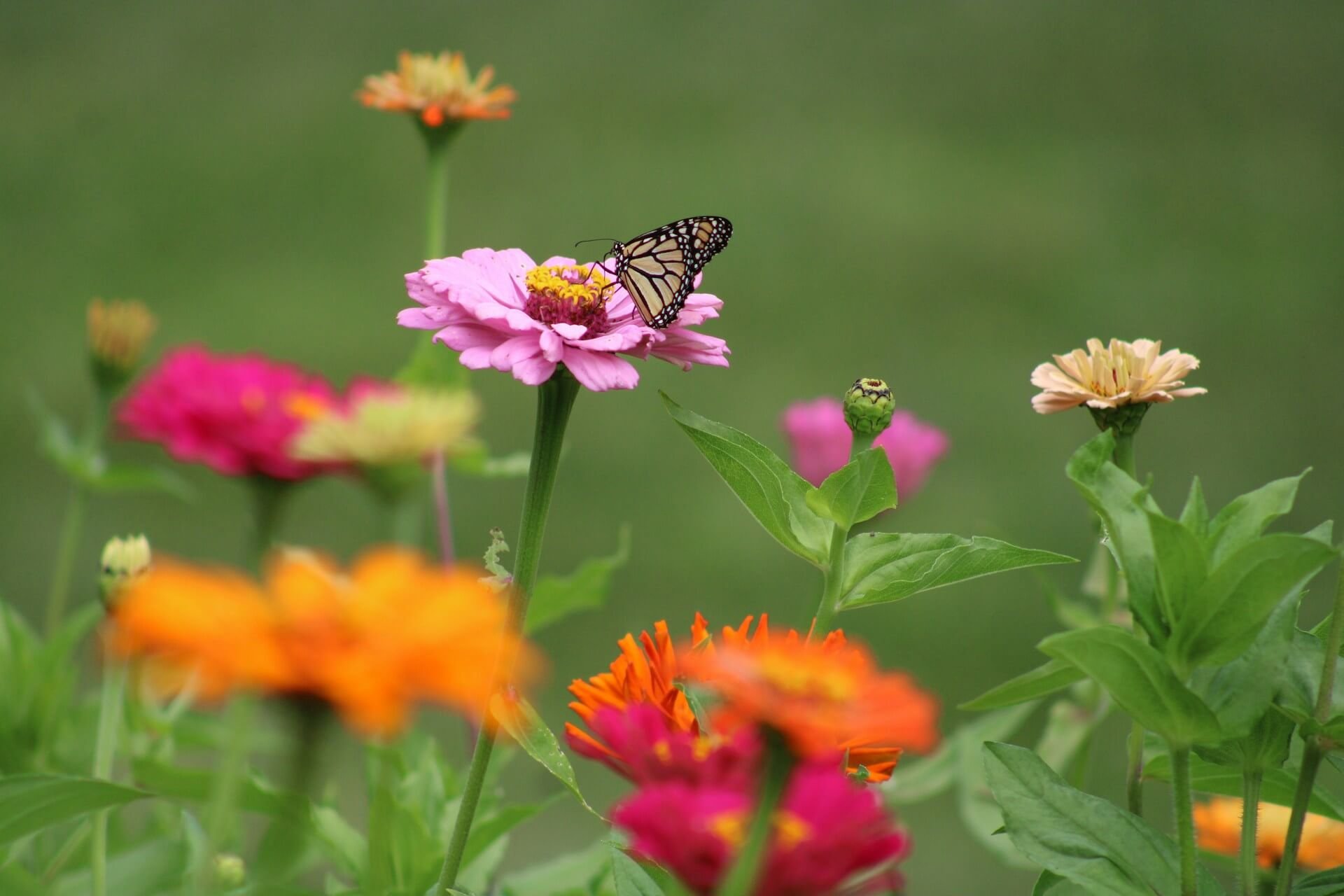
Permaculture & Regenerative Landscape Design
Permaculture
Permaculture is a whole and mindful philosophy, an ecological design system for living and being that creates harmony, abundance, and communion with Earth, ecosystems, as well as with ourselves and each other.
Companion Planting
Guilds, as they are referred to in Permaculture, are a form of companion planting. It is the purposeful, functional, beautiful, and artistic placement of plants near one another that complement and benefit each other and increase yields and efficiency. The plants occupy separate niches, so there's no competition.
A focus on soil organic matter is essential in creating abundant food forests, landscapes and crops as it:
Supplies nutrients and increases the quality of food and plants.
Reduces our watering needs by increasing the water-holding capacity of the soil. Mulching also greatly decreases our need for water.
It protects plants from disease
Prevent eroded soils from being washed away by heavy rain or blown away by the wind.
Creates environments that are not conducive or harmonious to weeds.
Captures and stores carbon.
"Alternatives to plowing, tilling, and the use of chemicals and inorganic fertilizers (which pollute and damage waterways and ecosystems) allow us to build and maintain the integrity of the soil."
—Dr. Elaine Ingham
Rainwater Harvesting
Rainwater harvesting captures, diverts, and stores rainwater for later use.
Rainwater can be used for gardens, food forests, herb and pollinator gardens, bird feeders and wildlife, in-home use, and fire protection.
The Benefits of Rainwater Harvesting
It bypasses the need for a complex and expensive central system and is excellent for those who desire to be independent of this system.
Rainwater contains no chlorine, which is not good for the environment.
It feels great to use this incredible resource that nature provides!
It is free.
Great quality water for countless uses.
Rainwater has a neutral pH.
reduces runoff and erosion
… And more!
"Rainwater harvesting causes us to use less water because of awareness and feedback. Awareness is such an important issue of sustainability."
— Peter Coombes
A rainwater harvesting system has different ranges and sizes depending on your goals.
Would you like to explore any of the following in your urban landscape?
